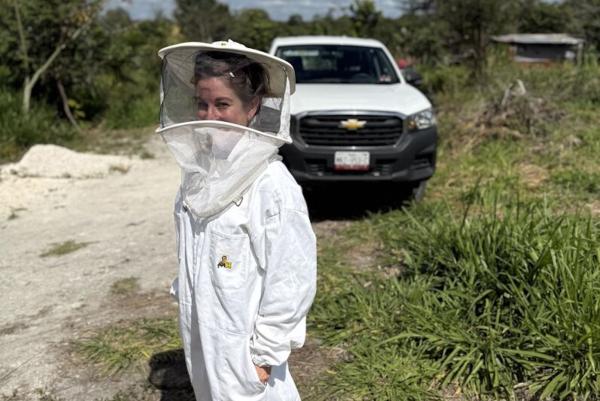Ancient humans were reliant on plants as remedies for illness. These self-sufficient cultures had no other option than to use what was available to them, hence why the likes of cannabis and opium have been used throughout recorded history. The ancients had no concept of plant compounds and receptors in the body – they simply determined what worked well and used it!
Contrast that today: natural solutions have taken a back step, largely in favor of synthetics, carefully manufactured to produce the "perfect" reaction at receptors, purportedly more perfect than what nature can come up with. However, while these drugs often serve their intended purpose, they are notorious for triggering other reactions which are not what the doctor ordered – side effects, addiction, overdose. Not that these aren't possible with certain plants, but the risks of a super strong synthetic such as fentanyl are extreme. In 2017 alone, just under 30,000 Americans died from a fentanyl overdose.
Instead of using modern technology to develop synthetics, we would surely be better served by putting the microscope back on therapeutic plants and determining how they can be of natural benefit. Despite being used for millennia, it is only in the past century that we have learned to separate some of the benefits of cannabis from the plant's psychoactive properties, by isolating the cannabidiol (CBD).
It's worth mentioning that this is not to say that psychoactive effects are a negative or nuisance – indeed, research has shown that taken in a relaxing and safe scenario, hallucinogens such as psilocybin mushrooms can have an unprecedented therapeutic effect on our psychological wellbeing.
However, to get back to CBD, here we have an example of a natural compound that has a number of therapeutic properties, that we are still trying to get to grips with. Moreover, the effect that CBD has when taken on its own is different to when consumed as part of the whole cannabis plant.
CBD regulates the endocannabinoid system
The endocannabinoid system (ECS) is of huge significance to our health, and this is only starting to be appreciated, since we didn't even know of its existence until the 1990s. Involved with our mental wellbeing, immune system health, sensitivity to pain and more, we simply cannot be healthy without an optimized ECS. And fascinatingly, our existing research indicates that optimization can be realized with CBD, as part of products from brands such as HempBombs CBD.
CBD helps to adjust the binding affinity of the CB1 receptor to regulate mood, and either deactivates or indirectly inhibits activity at the enzyme fatty acid amide hydrolase (FAAH) to increase anandamide availability. Anandamide is an endogenous cannabinoid, and humans produce this neurotransmitter, which binds to CB1 and CB2 receptors, in order to regulate inflammation, mood, appetite and pain. While CBD is an external substance, the fact that it promotes natural ECS function is testament to the power of plant-based medicine. It's as if humans have evolved to enjoy the health benefits offered by these plants.
CBD: an alternative to synthetic painkillers?
As already touched upon, synthetic painkillers like fentanyl can be very dangerous, even if they serve their purpose in reducing pain levels. In contrast, CBD is safe with no scope for abuse, and research is beginning to show that the compound can be an efficacious treatment for pain, especially when vaping Jolly Green CBD e-juices. This has been backed up by a CBD user survey, which put chronic pain at the top of the list of reasons for taking CBD.
Furthermore, CBD has also exhibited anti-addictive properties, which researchers are optimistic may help to wean drug addicts and painkiller patients off hard substances and at least onto safer alternatives. A lot more research is required in this area, but CBD is an allosteric modulator at both mu and delta-opioid receptors. This, along with the cannabinoid being an agonist at the 5-HT1A receptor in the serotonin system, may explain how CBD inhibits the reward-facilitating effects of various addictive drugs.
Final thoughts
Cannabis research was never technically banned in the United States, it was just made much more difficult due to prohibition, and there was a lack of funding for it. However, the US did have an important hand in some of the key developments of the 20thcentury, with the National Institute of Health sending $100,000 a year to Israel for cannabis research, an agreement which began in the 1960s.
However, now it's time to take things up a notch, and for research to be funded at a much greater level – we simply have to start making up for lost time.














